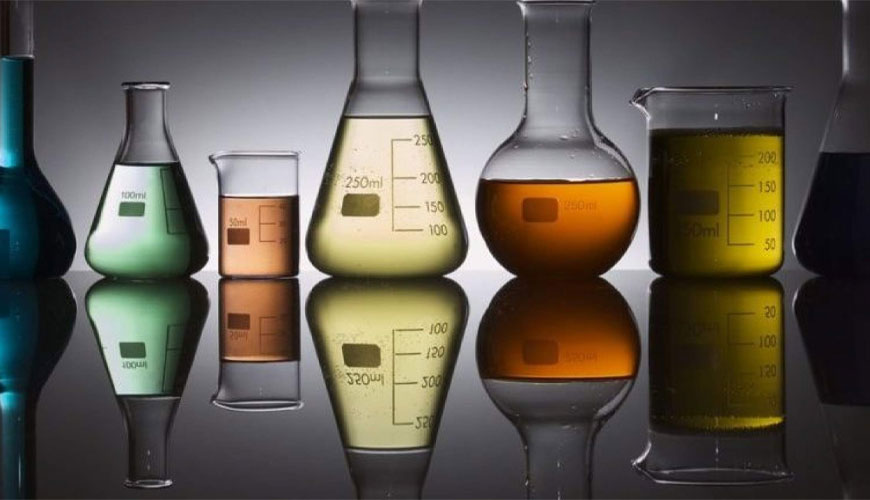

Ethylene vinyl alcohol (EVOH) is a copolymer of ethylene and vinyl alcohol. The copolymer is obtained by polymerizing ethylene and vinyl acetate. Ethylene vinyl alcohol with a high ethylene content has lower extrusion temperatures. This compound is commonly used as an oxygen barrier in food packaging. Its ability to keep air and flavors out is better than other plastics.

Ethylene vinyl alcohol (EVOH) is commonly used as a thin layer between cardboard, film or other plastics by co-extrusion or lamination. It is also used as a hydrocarbon barrier in plastic fuel tanks and pipes. Ethylene vinyl alcohol is highly transparent and weather resistant.
Ethylene vinyl alcohol is a flexible, crystal clear and glossy thermoplastic copolymer with excellent flexible cracking resistance and very high resistance to hydrocarbons, oils and organic solvents. It also has the best barrier properties against gases such as oxygen, nitrogen and carbon dioxide. With these properties, it is widely used in the packaging of food, cosmetics and other perishable or sensitive products and in medical applications.
This compound is particularly suitable for extending the shelf life of the product they are protecting. Compared to many other common films, ethylene vinyl alcohol has superior barrier properties. However, it loses its good gas barrier properties when exposed to moisture. It is therefore often used in multi-layer co-extruded films such as polypropylene and PET with superior moisture barrier properties to optimize performance.
Ethylene vinyl alcohol films are generally not biodegradable or degrade slowly. However, blending with other compounds or copolymerization with other monomers greatly increases the rate of degradation.
Ethylene vinyl alcohol films are very difficult to recycle because the ethylene vinyl alcohol oxygen barrier layer sandwiched between two or more layers of polyethylene tends to gum up when reprocessed, causing holes to form in the recycled polyethylene film. Ethylene vinyl alcohol flank waste, on the other hand, does not produce toxic or harmful byproducts when properly incinerated.
Our organization also provides EVOH ethylene vinyl alcohol analysis services with its trained and expert staff and advanced technological equipment, among the numerous test, measurement, analysis and evaluation studies it provides for businesses in various sectors.
To get an appointment, to get more detailed information or to request an evaluation, you can ask us to fill in our form and reach you.